Educating Students for Sustainability
The Education for Sustainability Program promotes project-based and placed-based educational practices that increase students’ understanding of and connection to Galápagos. In emphasizing the interdependence of society, economy, and nature, we use local to global examples of conservation and sustainability. Our educational approach ultimately prepares students with the critical thinking and problem-solving skills essential for young people to contribute to greater sustainability in their communities throughout their lives.
-
Project Location
Galápagos Islands
-
Program Launch
2016
-
Impact
430 PreK-12 Teachers; 7,200 Students
-
Partners
Ecuador’s Ministry of Education; Fundación Scalesia
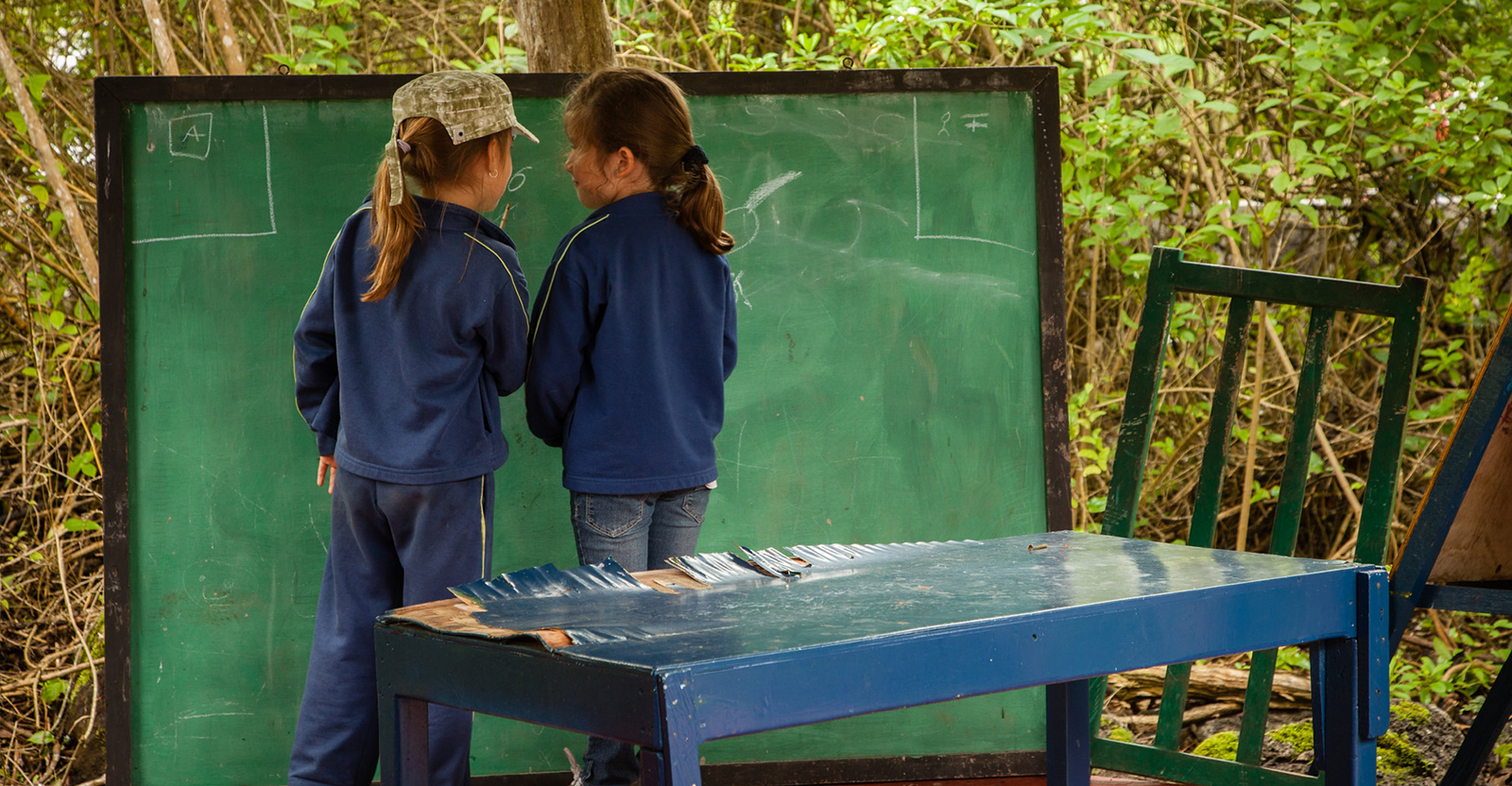
Why it Matters
- Until recently, formal education was a missing piece of the conservation puzzle in Galápagos. Despite educational reform efforts on mainland Ecuador, the physical and digital isolation of Galápagos perpetuated traditional forms of education that did not take full advantage of the Islands’ amazing natural surroundings as a living classroom.
- Education for Sustainability helps students master core subjects and understand the interconnectedness of social, environmental, and economic issues on local and global scales. Research shows it increases student connections with their communities and nature, develops critical thinking skills, and motivates them to contribute to greater sustainability in their communities throughout their lives.
- Education for Sustainability requires a toolkit of proven educational practices that shifts a teacher’s role that of a provider of information to a facilitator of learning. It also requires strategies to extend learning into the community and natural areas, and a solid understanding of local and global conservation and sustainability issues.
- In 2021, Ecuador’s Ministry of Education approved a new Galápagos-specific curriculum that centers learning around three pillars of sustainability (economy, society, and nature) and essential themes, such as invasive species, food security, transportation, energy, water, and social inclusion. Teachers need intensive technical assistance to effectively implement the new approach.
Building a culture of sustainability in Galápagos
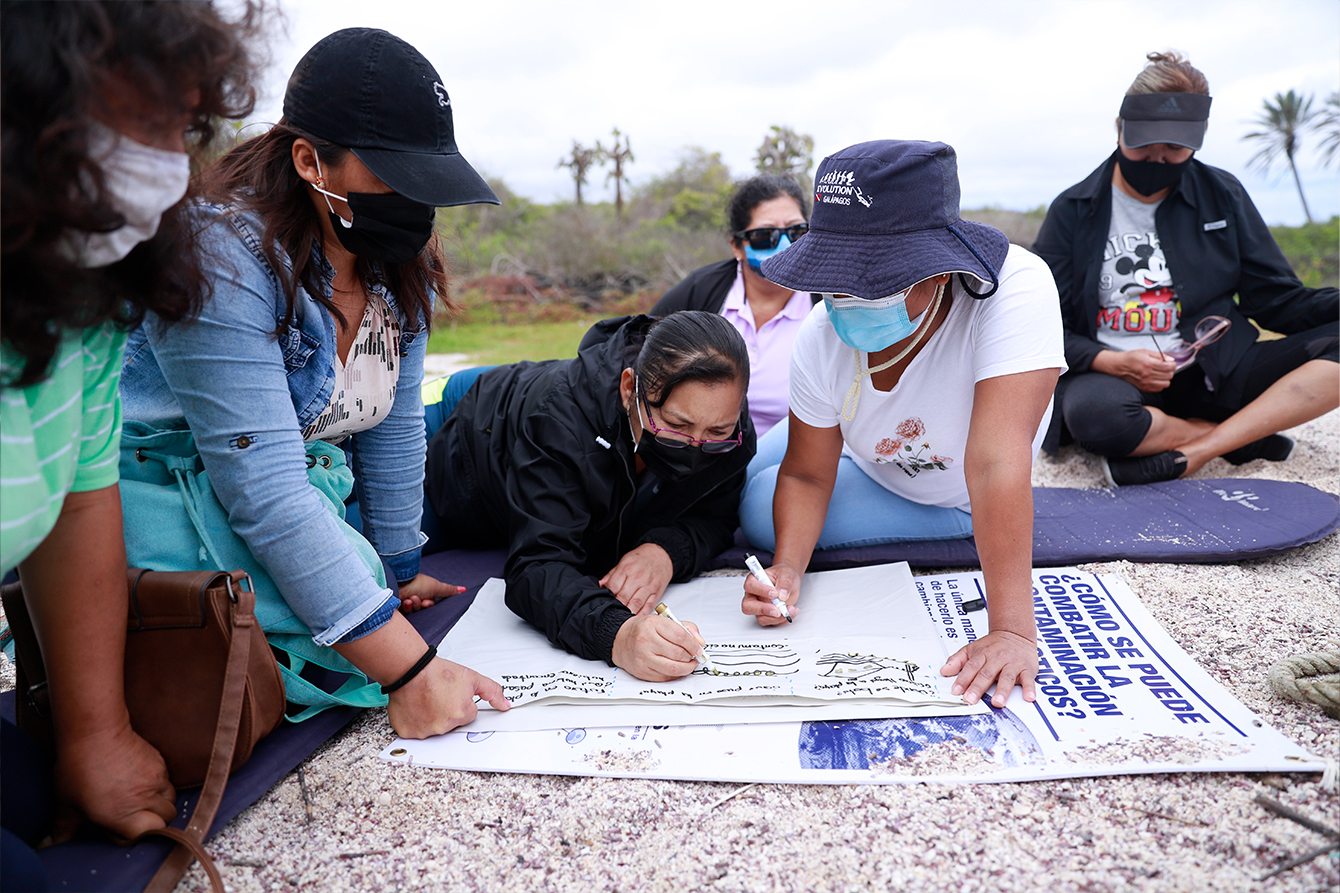
A unique and replicable model for education reform
In conjunction with an international network of education specialists, Ecuador’s Ministry of Education, and organizations in Galápagos, we have developed a one-of-a-kind model for education reform that uses proven approaches to prepare teachers to use the community and natural areas as a classroom for experiential learning. Ecuador’s Ministry of Education has viewed our work as a potential model for other parts of the country.
Accomplishments
Since 2016, we have offered 120 hours/year of professional development to all 430 PreK-12 educators, most of whom have demonstrated significant improvements in their teaching. The program shifted from in-person to online delivery at the onset of the COVID-19 pandemic, and peer networks established through the program helped teacher adapt to distance education despite uneven student access to technology and the slow and unreliable internet connection in Galápagos.
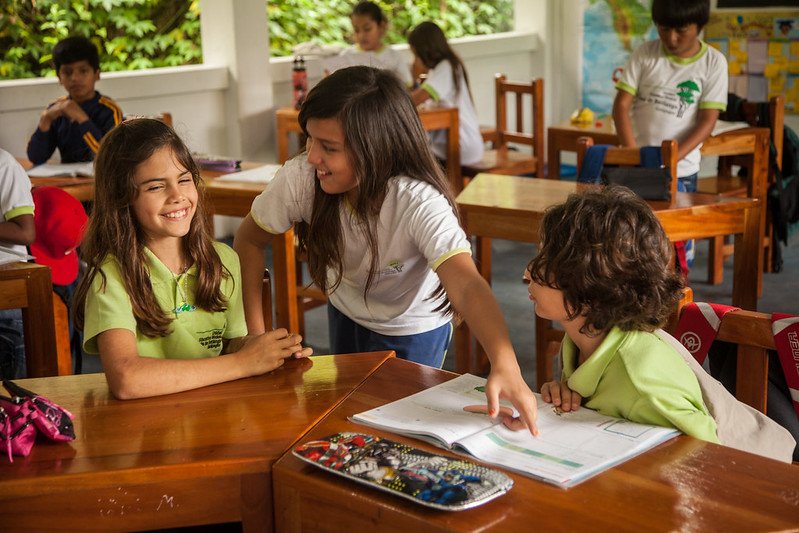
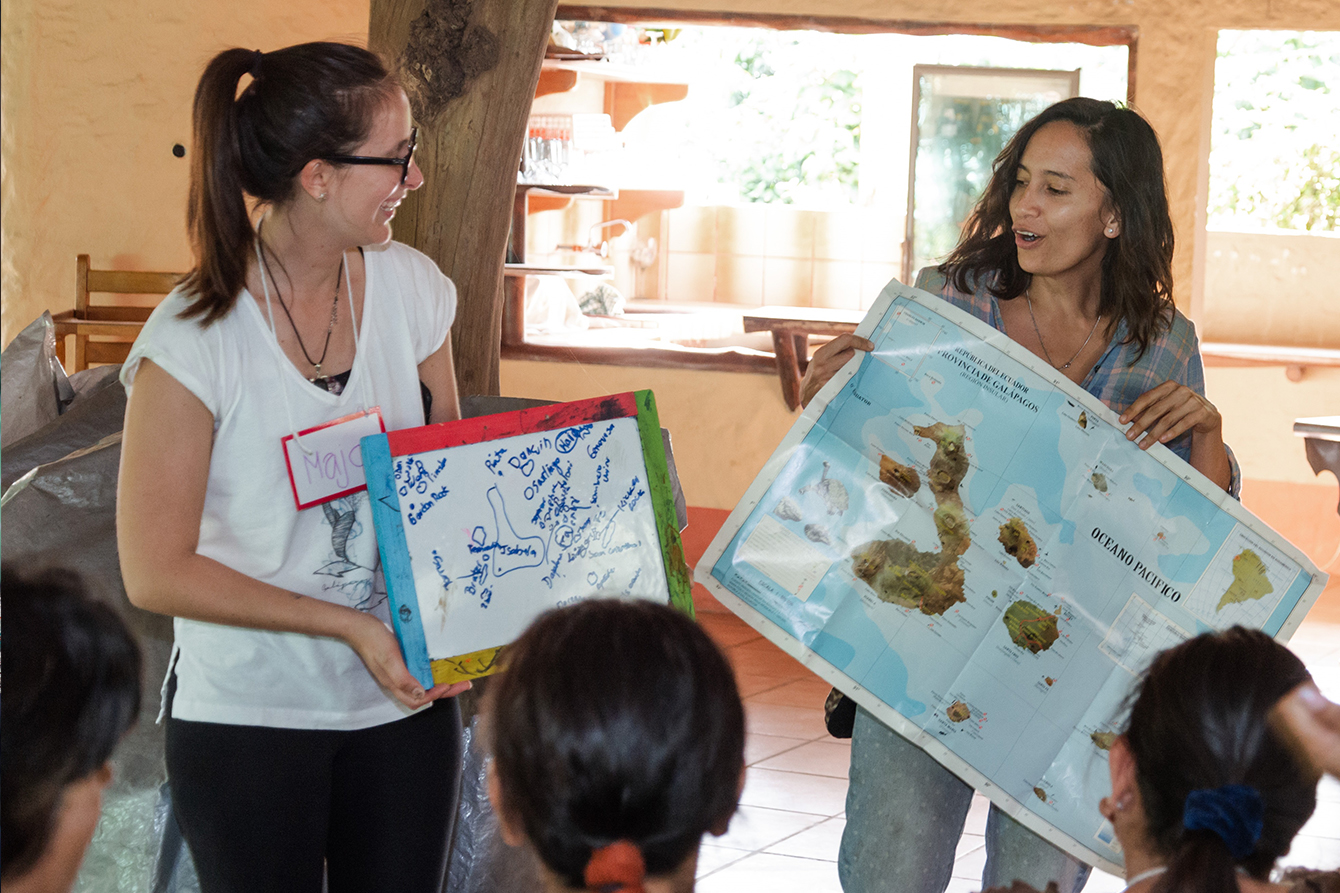
Current Priorities
Now entering our second five-year phase, our priorities include helping teachers to implement a new special curriculum for Galápagos and to form a cadre of 60 local teacher-leaders capable of replicating and eventually replacing the PD offered by our program staff. In essence, we are establishing a seedbed of uniquely talented educators whose students will graduate from high school as conservation-minded architects of a more sustainable Galápagos.
Get Involved
Take Action for Galápagos, Right Now
Our generous community of supporters is the cornerstone of our efforts to preserve this ecological wonder of the world.

More from Galápagos Conservancy
Keep Exploring
Our Efficiency
78%
Direct conservation and grants investments
18%
Fundraising
6%
Management



